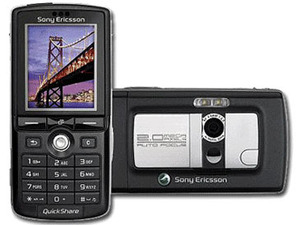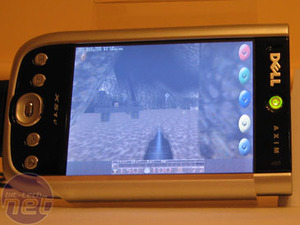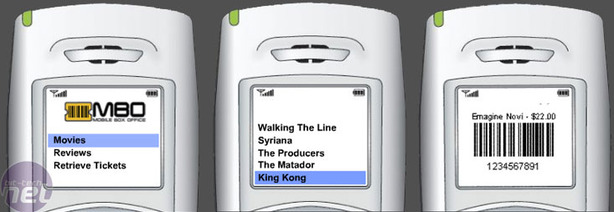
Wallet PC
What do you carry on your person now? Probably at least keys, identification, money, and a watch. Quite possibly you also carry credit cards, a checkbook, traveller’s checks, an address book, an appointment book, a notepad, reading material, a camera, a pocket tape recorder, a cellular phone, a pager, concert tickets, a map, a compass, a calculator, an electronic entry card, photographs, and perhaps a loud whistle to summon help.You’ll be able to keep all these and more in another information appliance we call the Wallet PC. It will be about the same size as a wallet, which means you’ll be able to carry it in your pocket or purse. It will display messages and schedules and also let you read or send electronics mail and faxes, monitor weather and stock reports, and play both simple and sophisticated games. At a meeting you might take notes, check your appointments, browse information if you’re bored, or choose from amongst thousands of easy-to-call-up photos of your kids.
Rather than holding paper currency, the new wallet will store unforgeable digital money...
We'll stop you there, Bill. We should first first explain that the term 'Wallet PC' is not the literal description of some sort of futuristic digital purse device, as you might think having read the above passage from the book. In fact, Gates clarified this in an newspaper interview in early 1996:
"When I talk about the Wallet PC, some people express concern about its security; others want to know if anyone is making the devices. Here's the situation. "Wallet PC" refers to an ideal, in the same way that the term "information highway" does." (Source: Huntsville Times)
Viewed in this context, the concept doesn't sound quite so silly. In 1995, it probably sounded decidedly ambitious to pack an entire handbag's worth of stuff into a single device, but if you go back and read the list again carefully, you might be surprised to learn just how close we have come to the Wallet PC in the form of the modern mobile phone.
Let's take a bog standard Sony Ericsson K750i. Besides the regular phone function, this pocket-sized handset is also a 2MP digital camera - unthinkable in 1995 when Kodak had only just launched the DC40, a £700 camera with the now laughable resolution of 756x504 pixels. The fact that the K750i also comes with 64MB of memory on a thumbnail-sized memory card is also a hoot - that is the same amount of memory that was deemed "enough" for most desktop computers ten years ago.


(left) The 2 megapixel Sony Ericsson K750i cameraphone - Wallet PC in disguise? (right) The Dell Axim X50v Pocket PC smartphone. Using a PowerVR graphics core, it plays GLQuake smoother than your PC did back in 1995.
Of course, you can use the phone as an address book, appointment book, notepad, and calculator. You can make voice notes on it, use GPRS to access realtime maps as well as send and receive email. You might not be able to emit a whistle to summon help, but it will play music and video, as well as 3D games with graphics that certainly rival those on full-size PCs a decade ago, depending on your handset.
Internet access? In '95, many people were still using proprietary dial-up systems like Compuserve and AOL and Internet Explorer was version 1.0. Connection speeds were 28.8Kbps - that's kilobits-per-second people, or half the "speed" of 56K. In 2006, you can surf on the go at 384Kbps.
But what of the more amibitious aspects of the 'Wallet PC' concept, like paying for goods digitally or have paperless ticketing?
Movie-goers in Michigan can now buy cinema tickets and use their mobile phones as proof of purchase. Users purchase tickets by visiting the Mobile Box Office website using their phone and download a unique barcode "ticket" via an SMS generated from their order. Ushers have been issued with scanners which can read the on-screen barcode in lieu of a paper ticket.

Using the Mobile Box Office website, Michigan-based movie buffs can buy 'digital' cimera tickets
Granted, we haven't quite reached the stage of beaming "unforgeable digital money" to each other's phones when a mate asks to borrow £2 to buy a cup of coffee. However, as you can see, over recent years the humble mobile phone has evolved from a clunky brick to a slick phone-camera-pda-internet-email capable device. We wouldn't be caught dead without ours.

MSI MPG Velox 100R Chassis Review
October 14 2021 | 15:04







Want to comment? Please log in.